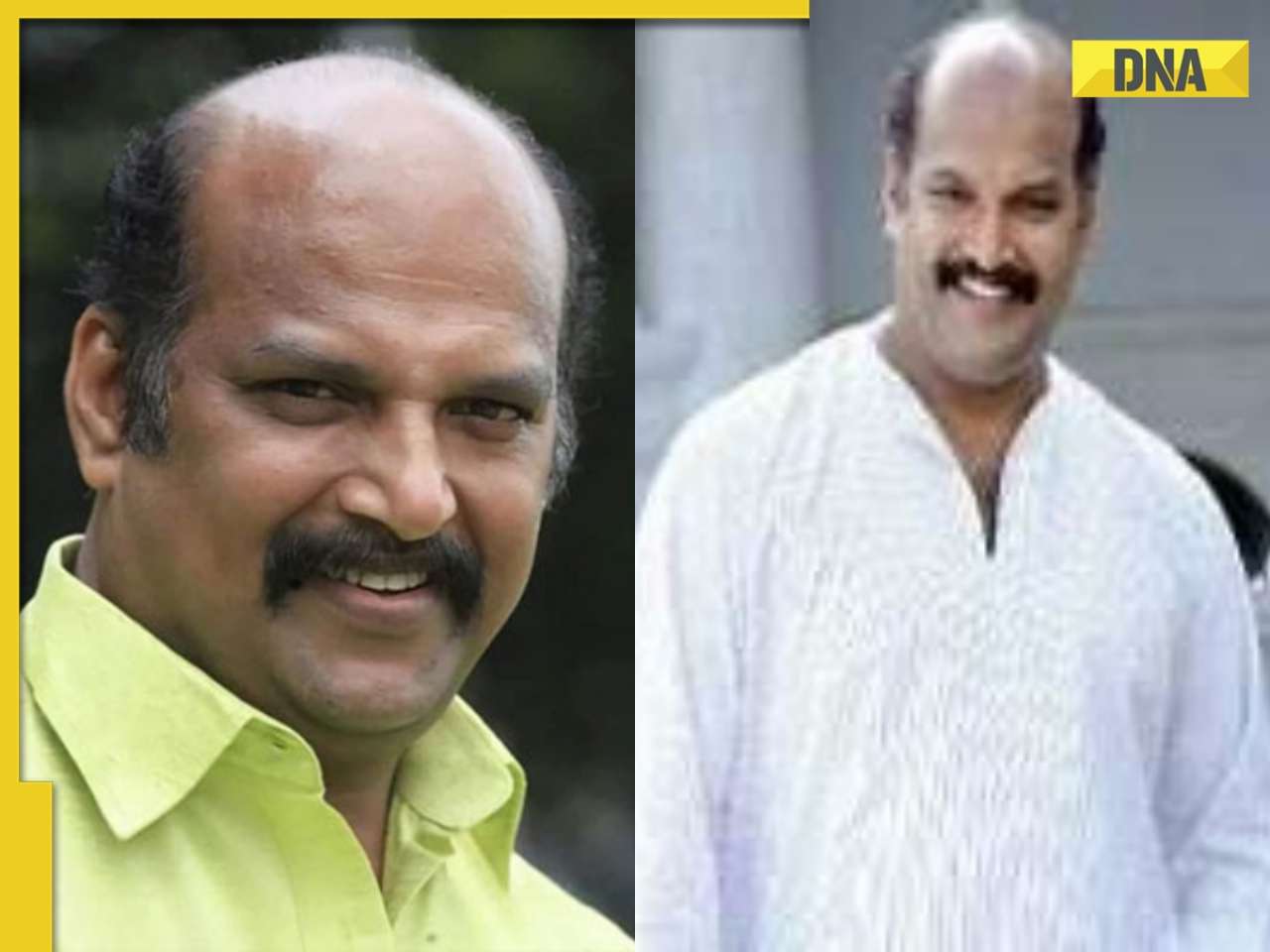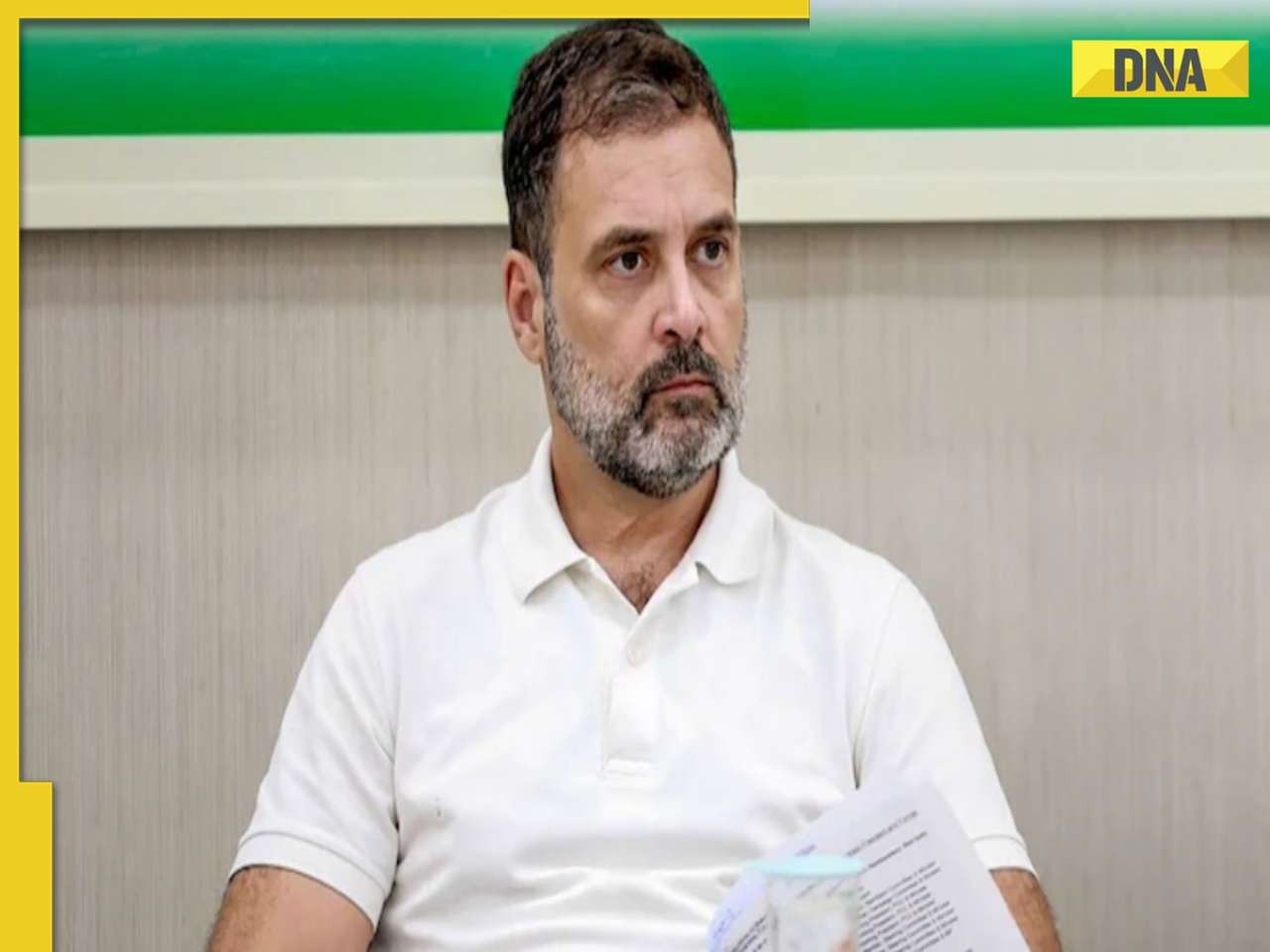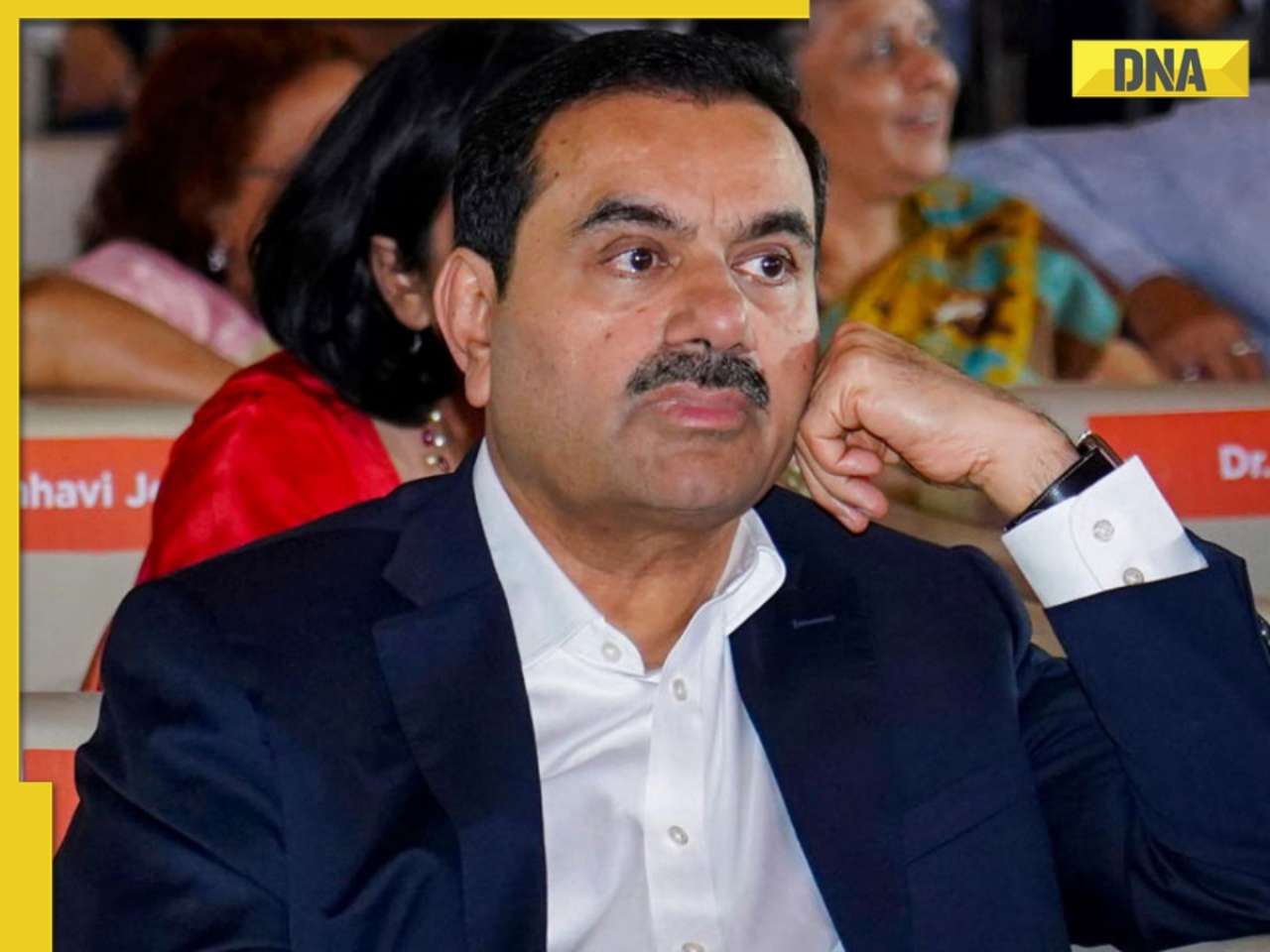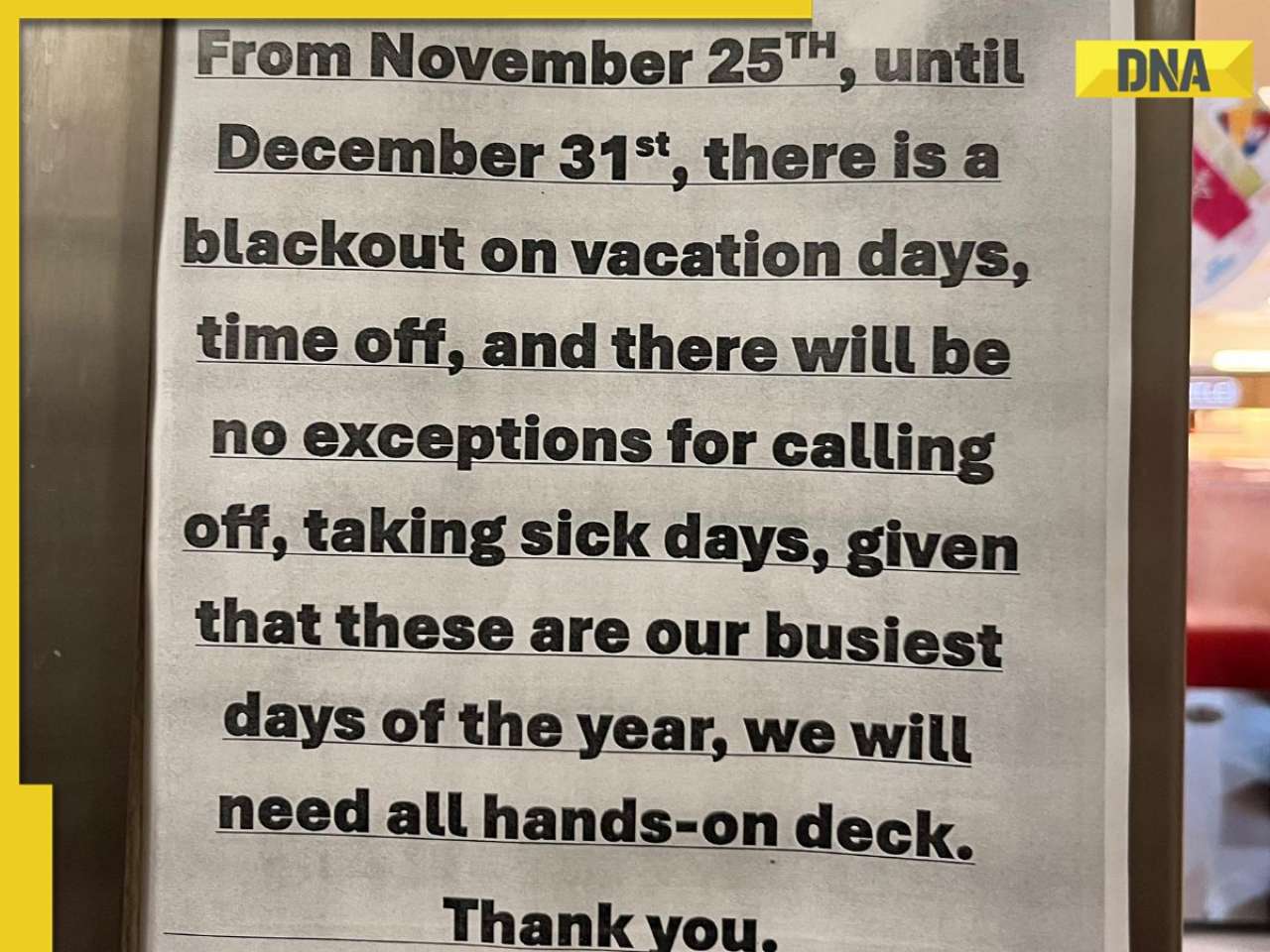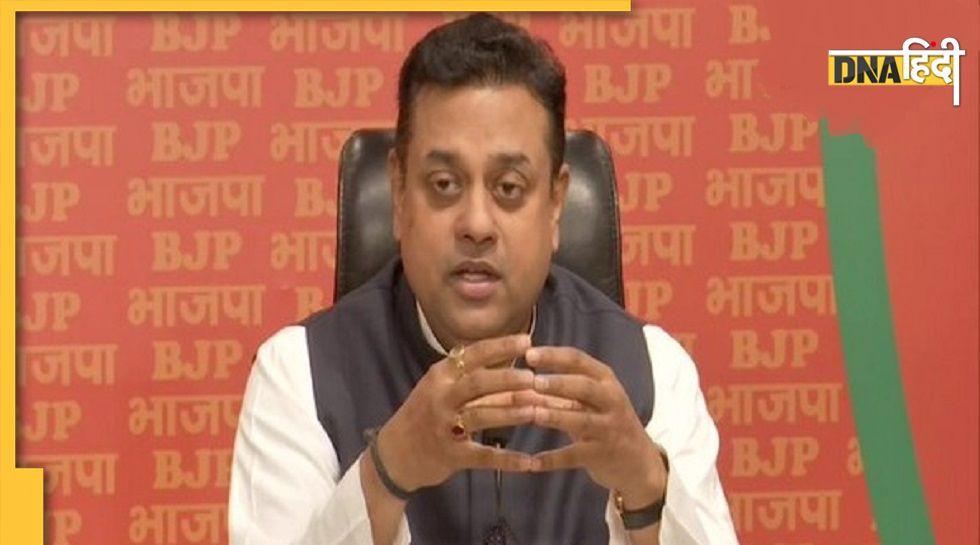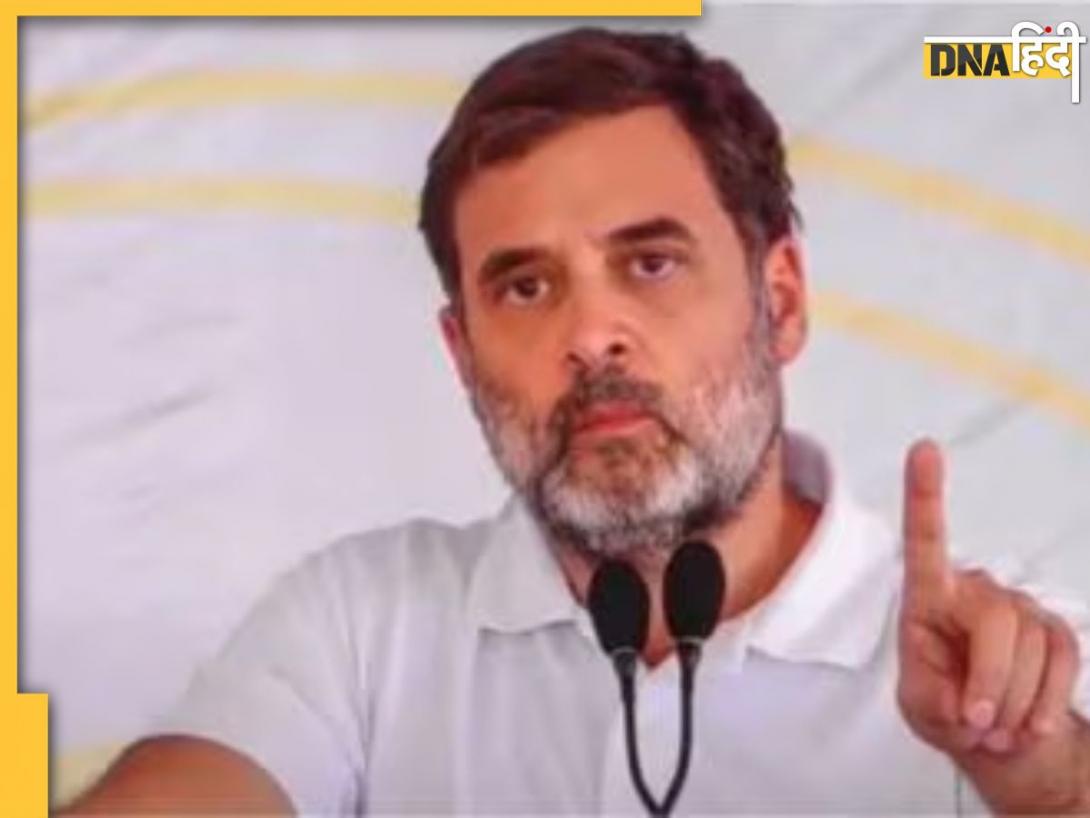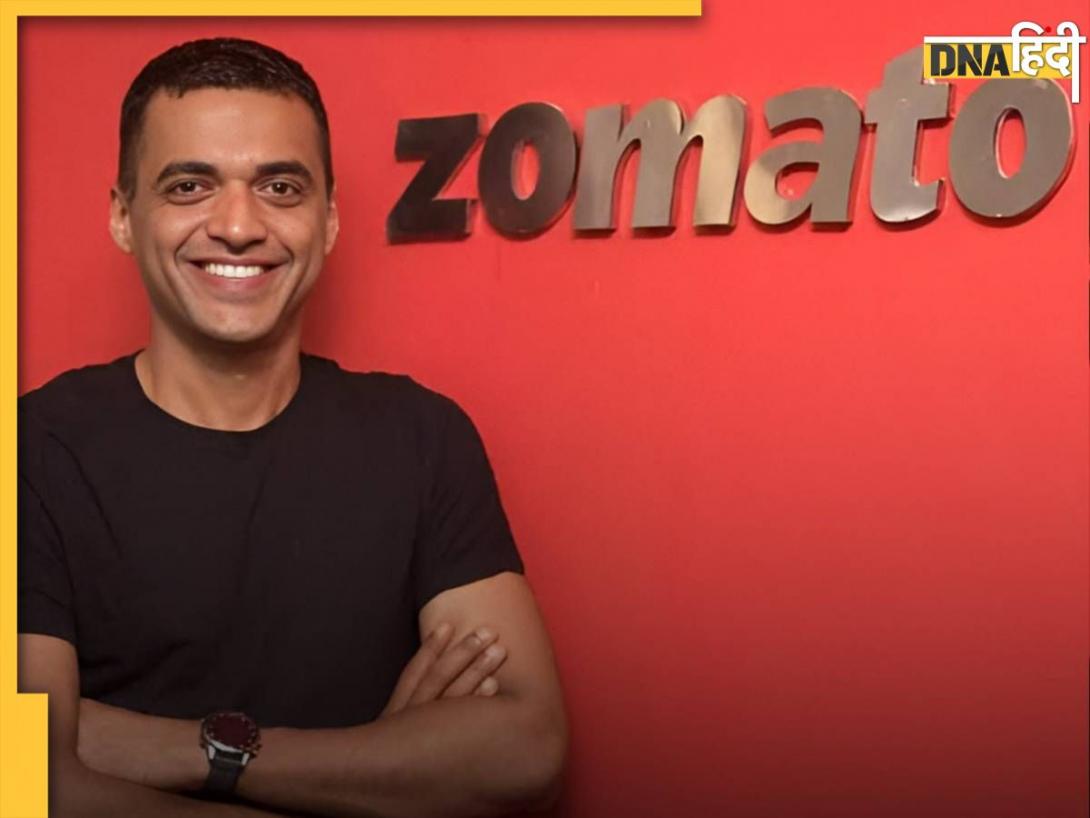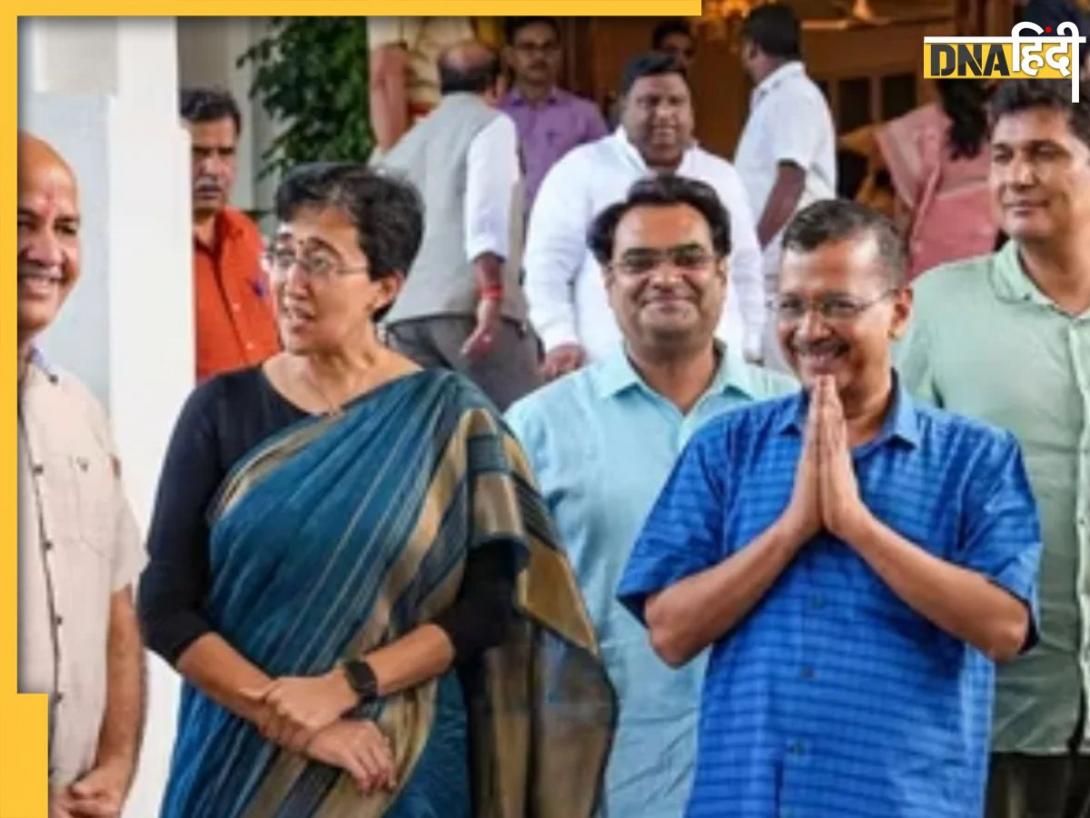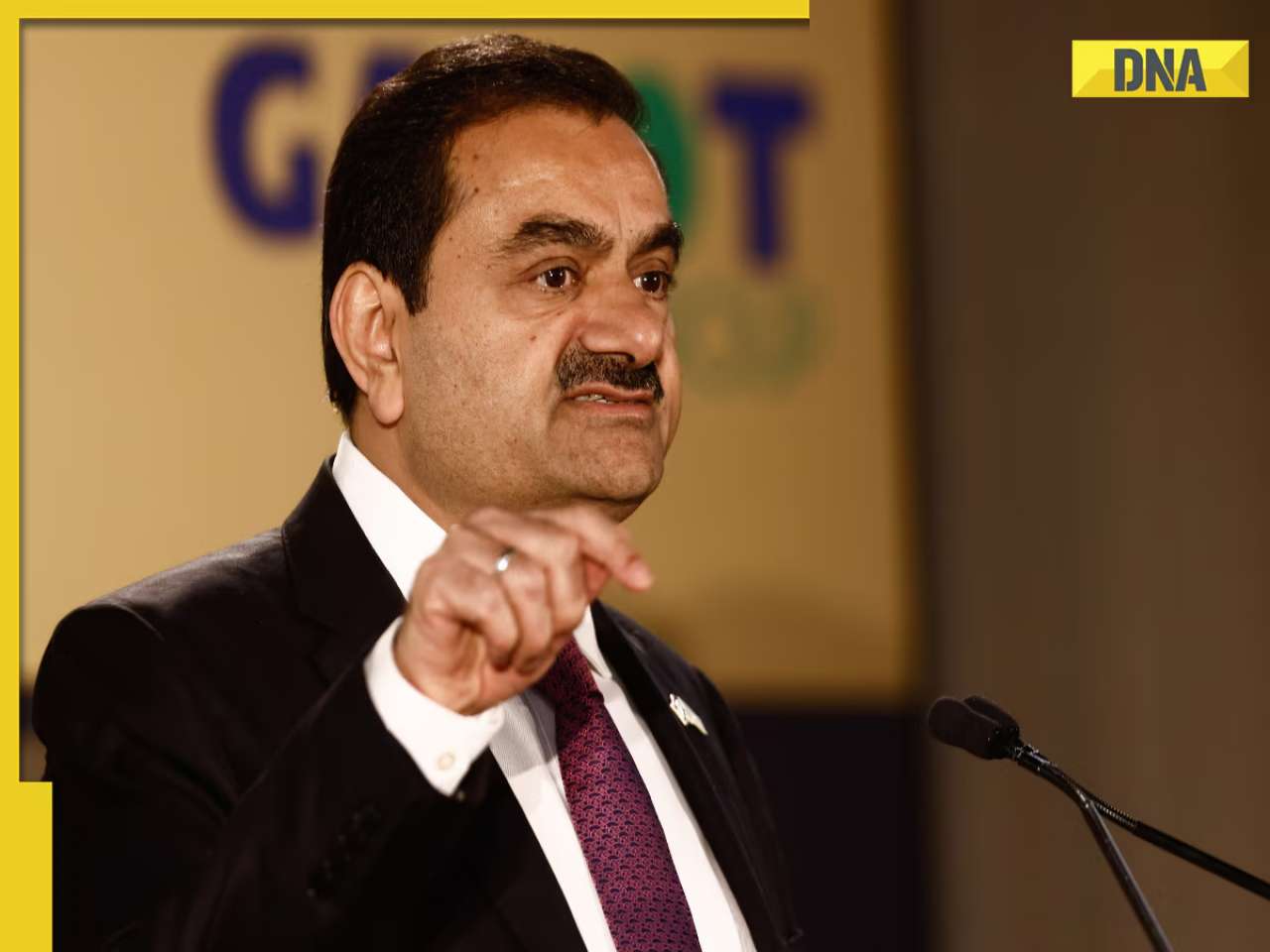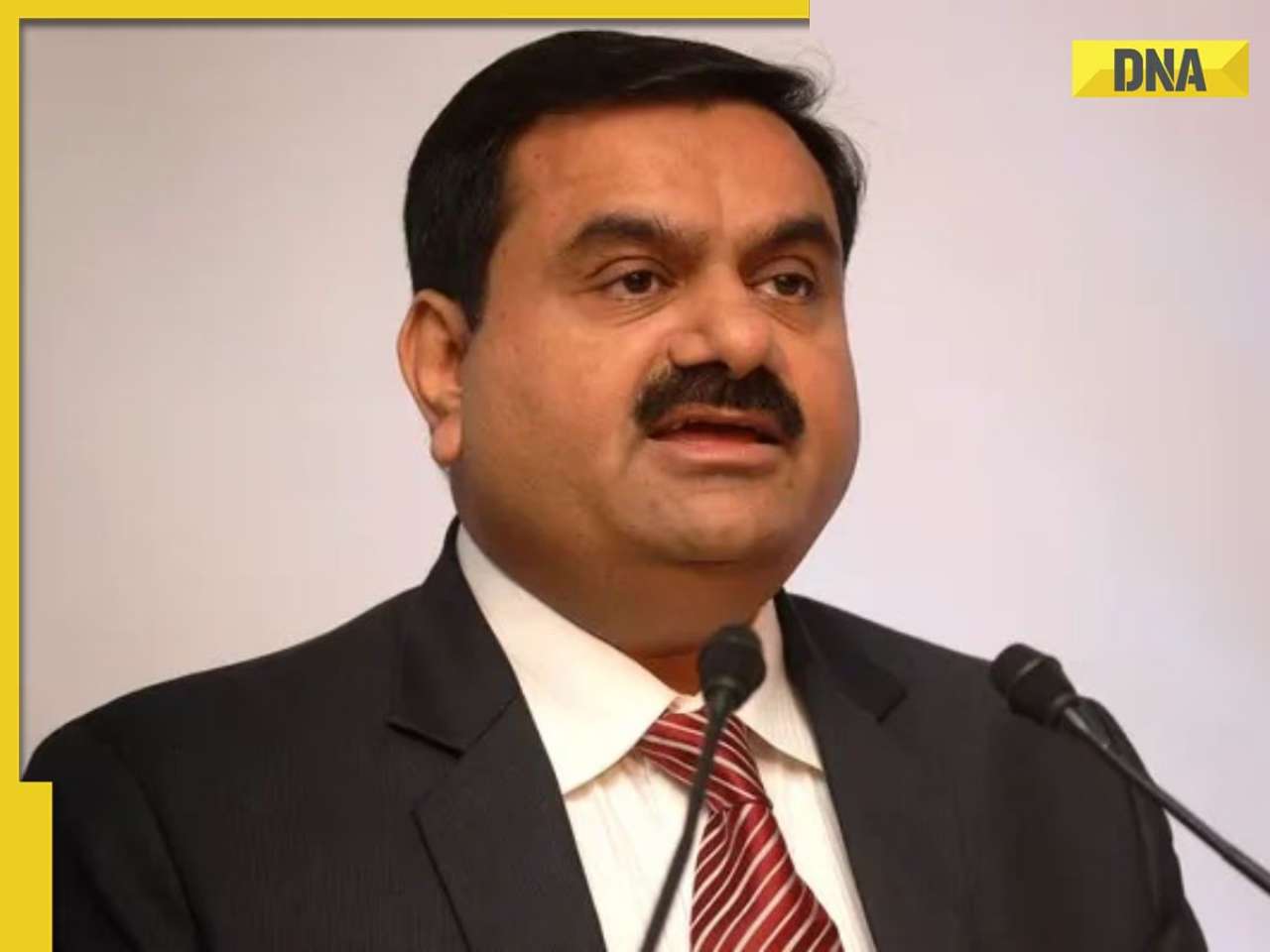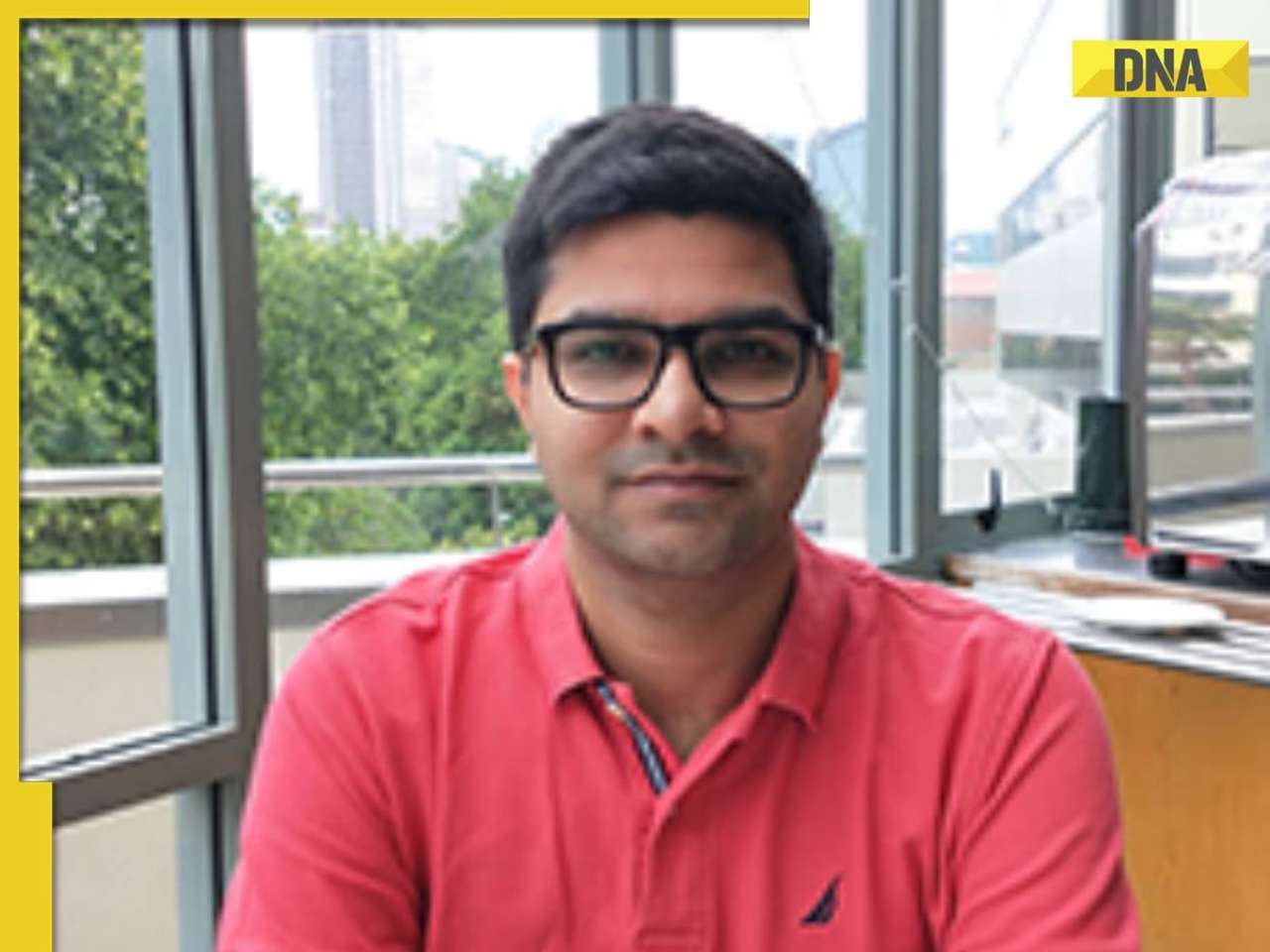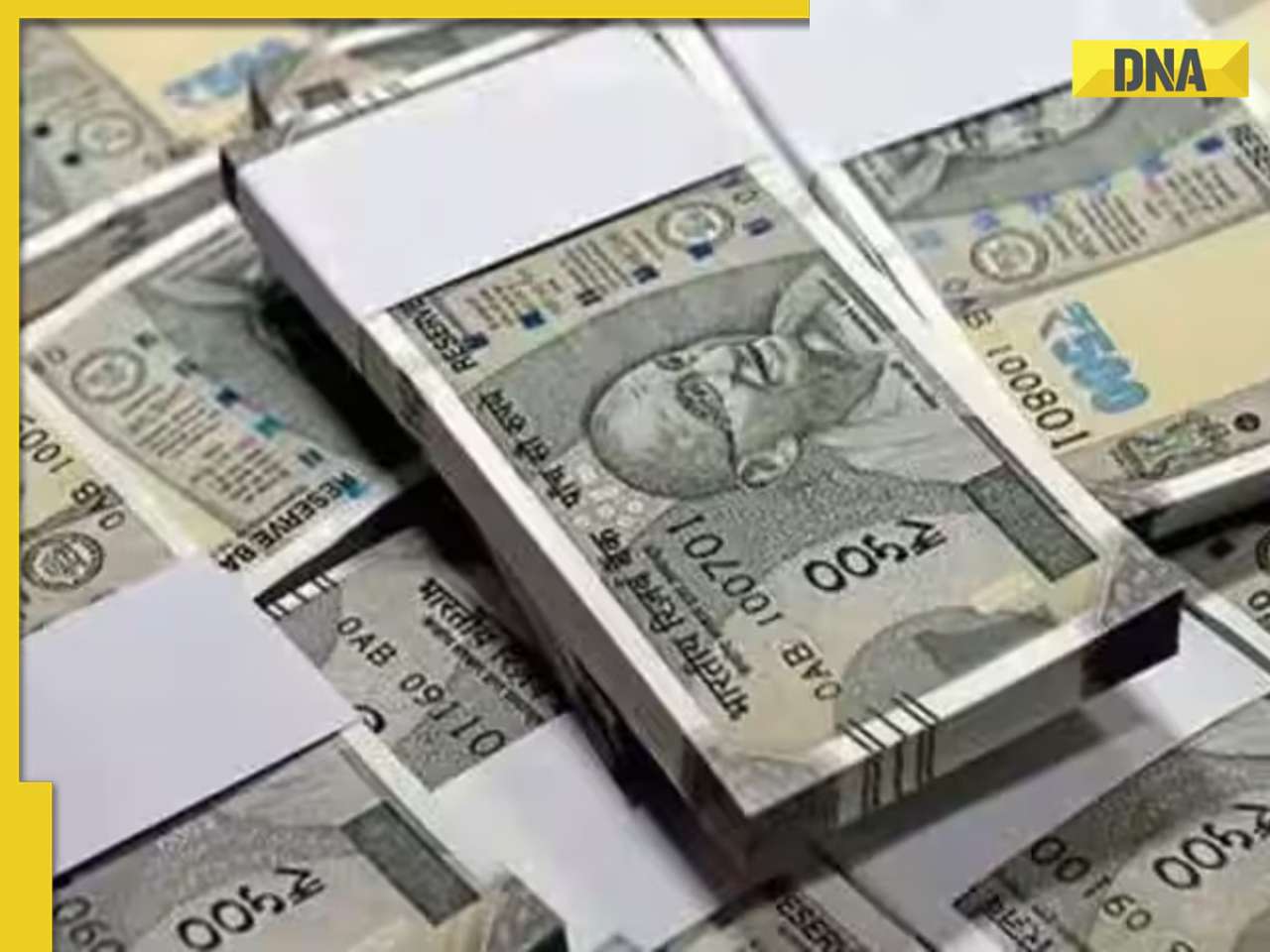- LATEST
- WEBSTORY
- TRENDING
ANALYSIS
Access to Justice and Language of Law
Recent remark of Law Minister on use of local language in courts is a significant statement into the direction of de-monopolization of legal norms.
TRENDING NOW
The emergence of ‘profession’, in the early modern period, changed the approach towards life and social relations. Prior to the emergence of modernity, human life was organised and controlled by the norms of tribes, religion, community sentiments and customary practices. These norms largely expressed the group life of the community.
Modernisation and secularisation developed the culture of individualism in terms of professional and economic success. Max Weber exemplified through his writings how profession emerged as calling or vocation as a result of Protestant movement, which made the religion instrumentalized in terms of affluence and wealth.
The ideas of success or failure in a sense of honour or gain appeared with profession. The Greek philosopher, Plato, preferred wisdom and courage over honour and gain as the supreme virtues for the human being. This approach witnessed its reversal with the emergence of professions leading to the breakdown of classical outlook of life.
Two significant needs of human life are health and law. While one denotes organic life and wellbeing, the other concerns social-cultural life. This is the reason that two of the most prestigious professions are that of doctors and lawyers.
However, one needs medicine and services of a doctor only when sick or not well, whereas a person is always in need of law and justice. This makes the profession of lawyering distinct from all other modern professions.
Language and Law
In ancient or mediaeval society, and even today, in many tribal cultures, law is practised through customs and usages and they are not dependent upon the symbolic language and its meaning. With the emergence of the industrial revolution, the rational-legal approach made law reliant on its interpretation.
It was a paradigm shift in making, understanding, and practising the law. This approach helped a few elites to monopolise the interpretation of law. In the modern period, lawyers have effectively controlled the meaning, making the process of law which has alienated the masses from the erstwhile easy access to law.
Access to Law and Linguistic Barrier
Recent remark of the Law Minister, Kiren Rijiju, on use of local language in courts is a significant statement into the direction of de-monopolization of legal norms, procedures, institutions, and their semantics.
India has witnessed many movements and their failures with respect to access to justice, however, the issue of ‘access to law’ has not attracted enough attention from Indian intellectuals, administrators, judges, and lawyers.
Such movements include legal aid, legal literacy, lok adalats, public interest litigation, etc. Justice VR Krishna Iyer was of the belief that law should reach to the doors of poor people instead of they should strive towards it. Yet, law has remained distant from common people.
Language is an important aspect of the access to law and its accessibility is a precondition to understanding the technical nuances of law.
Language and the Constitution of India
Indian Constitution, in 1950, prescribed the use of English as the official language for fifteen years, however, the official language of the Union was declared as Hindi under Article 343. The reason for the reliance on the English as a communicative medium was the colonial past and its inherited juristic principles, concepts, values, and experiences. Its justification may be traced in Article 348 of the Constitution which states that the language which may be used for the proceedings of Supreme Court, High Courts, authoritative Acts and Bills shall be English.
It took more than thirty-seven years to officially adopt the Hindi version of the Constitution in 1987. In case of the proceedings of High Courts, however, regional language may be used subject to the previous consent of the President. But it was desired that the reliance over the English would diminish in due course of time once Hindi and other regional languages popularise for the purpose of governance and justice administration.
As Article 345 prescribes that the state may adopt one or more languages in use in the state for the official purpose. Article 351 requires that “It shall be the duty of the Union to promote the spread of the Hindi language, to develop it so that it may serve as a medium of expression for all the elements of the composite culture of India and to secure its enrichment by assimilating without interfering with its genius, the forms, style and expressions used in Hindustani and in the other languages of India”.
The provision explains the desire of the Constituent Assembly to promote Hindi as the official language subject to the condition that other regional languages should co-exist with it. On the contrary, English has become the dominant language and its overuse has endangered the possibility of other languages to be relied upon in the process of justice administration.
Conclusion
The linguistic barrier with respect to accessing law, court, procedure, and adjudication is related to the larger question of access to justice. This question may be understood in the context of satisfaction the court generates among the parties after the adjudication of the disputes. Satisfaction is beyond the reach of the parties in the current structure of adjudicatory mechanism. The basis and process of adjudication as well as its final culmination are not properly communicated to the parties.
Lawyers, generally, (mis)use court judgments for their own professional practices, benefits, and promote the litigative culture, leading to the whirlpool of appeal, review, revisions, and multiple petitions. Cases remain open and parties are never satisfied with the judgments or decrees as the case may be. This process is instrumental in pendency of cases for years without any resolution.
Thus, two of the greatest problems the Indian Legal System faces today are: massive pendency of cases to the extent of 4.7 crore, and long delay, in most of the cases, taking time of decades to resolve a case. Solution to these problems require structural changes, particularly, with respect to access to law and its language.
In this direction, the Department of Justice, Ministry of Law, Central Government has tried to solve the problem of access to justice through Pro Bono Lawyering, a scheme launched as an initiative under DISHA (Designing Innovative Solutions for Holistic Access to Justice). Under this scheme, the government has launched the Nyaya Bandhu App to provide access to lawyers for the poor people, and also the government is providing Tele Law Services for pre-litigation counselling.
However, this approach ensures that parties may reach the court through lawyers, but after that how they cope up with the technicality of legal language and its alien character has still been ignored. A constructive approach shall be making the language of law and courts regional as well as simple so that justice may be forayed for all. Pro Bono Lawyering may play an important role to displace the monopolistic tendencies of lawyers, but the technical language of law must be accessible to the poor, illiterate, and vulnerable sections of the society.
READ | How Islam played a major role in disintegration of Pakistan in 1971 Indo-Pak war
The article is co-authored by Dr. Chanchal Kr Singh, Associate Professor, HPNLU Shimla, Principal Investigator, Department of Justice Project on Pro Bono Lawyering; Dr. Mritunjay Kumar, Assistant Professor, Co-Investigatior; and Aastha Naresh Kohli, LL.M. Scholar and Research Member.
(Disclaimer: The views expressed above are the authors' own and do not reflect those of DNA.)

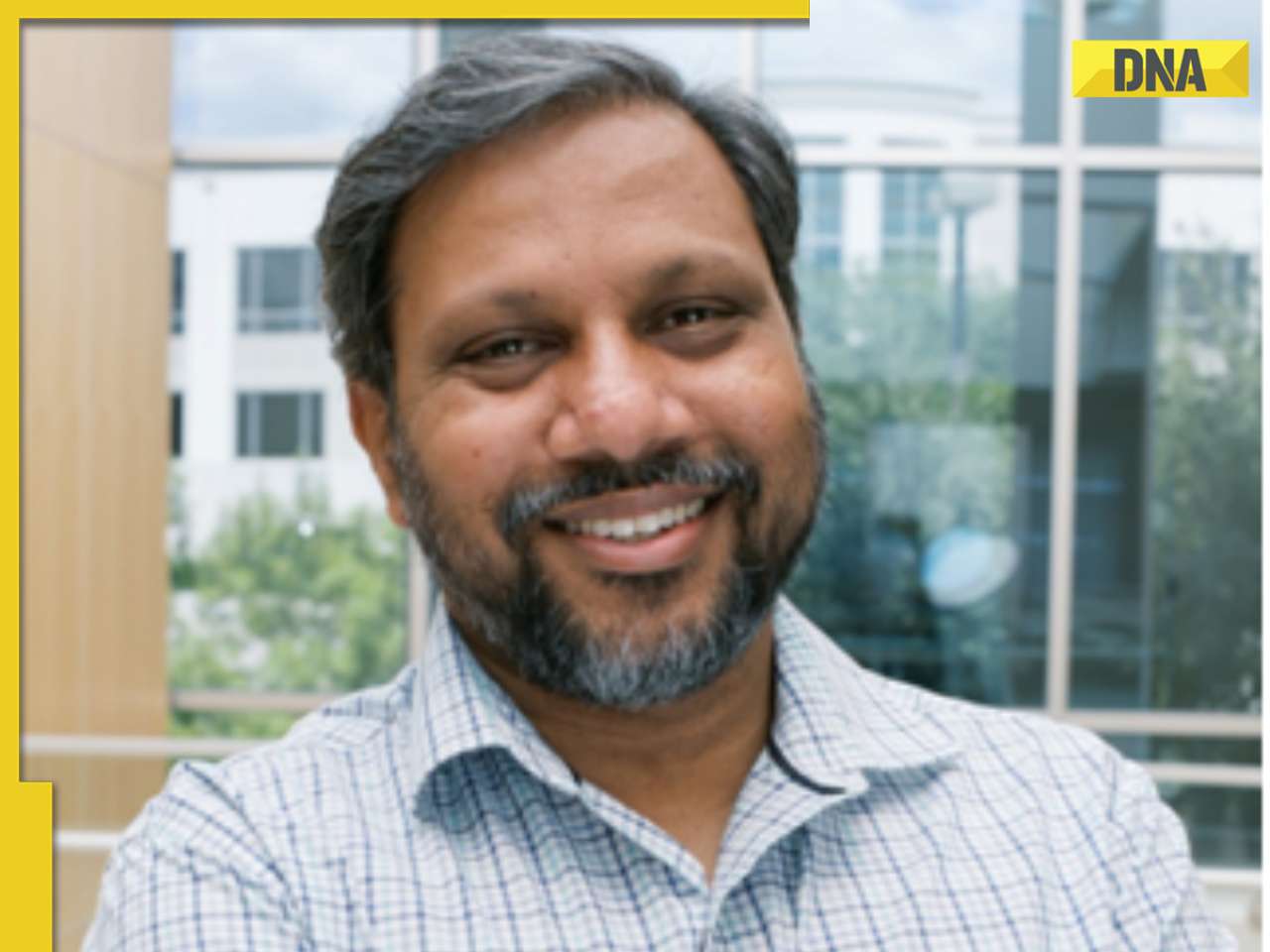





)
)
)
)
)
)
)
)
)
)
)
)
)
)
)
)









